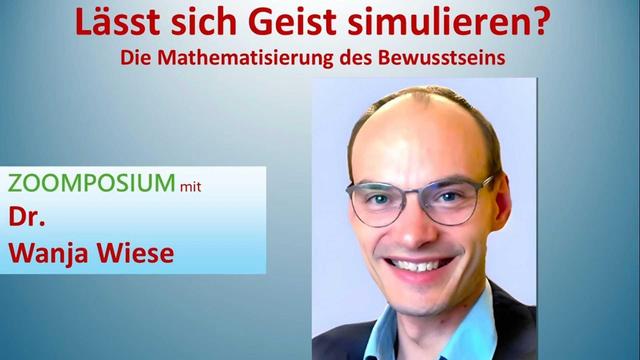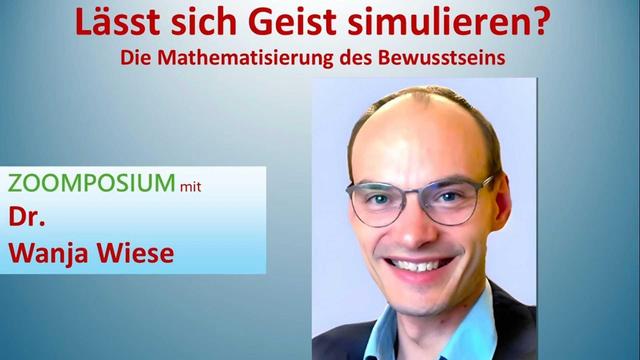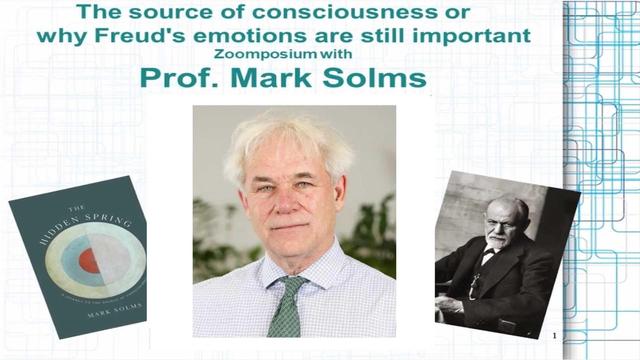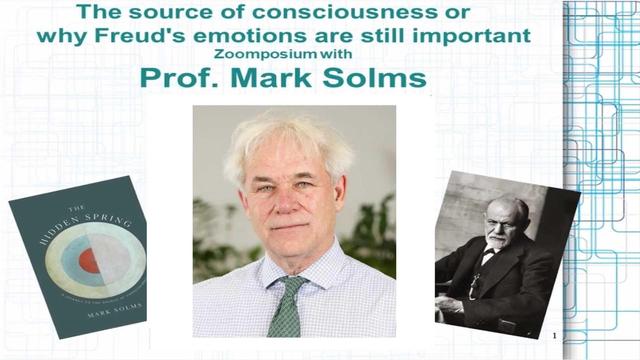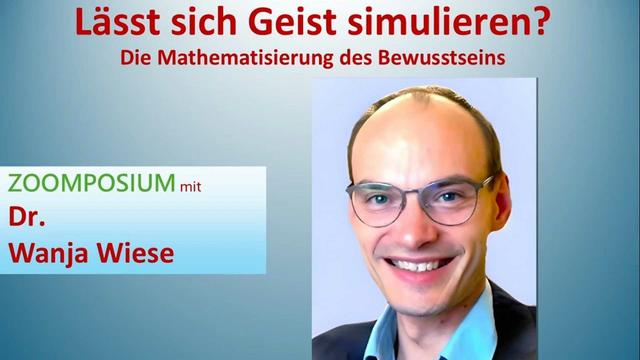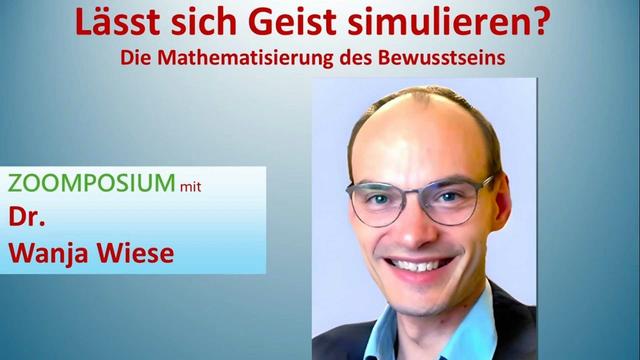In this recent #FT piece
https://www.ft.com/content/8192467e-e9d7-4c0a-ab0d-59bd6351a1bb
(paywalled, unfortunately), #KarlFriston gets to say, once more (this time in his role as chief scientist of #VersesAI), that active inference and the #FEP will allow #AI to have true agency.
This is utter bullshit.
Agency requires #RelevanceRealization but Friston's framework cannot deal with that. You will not get true agency from that. It's sill purely about problem *solving*, not *framing*.
